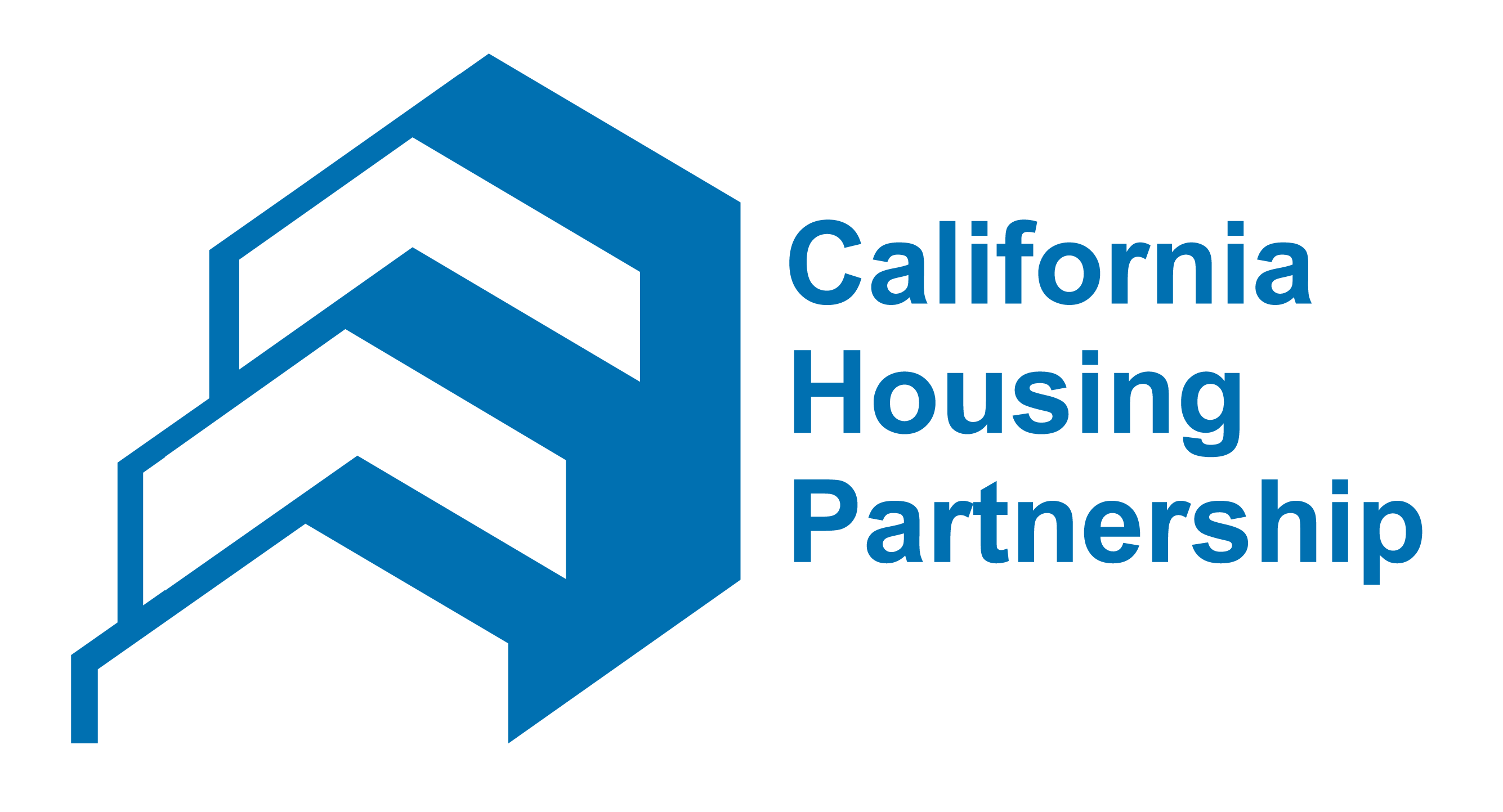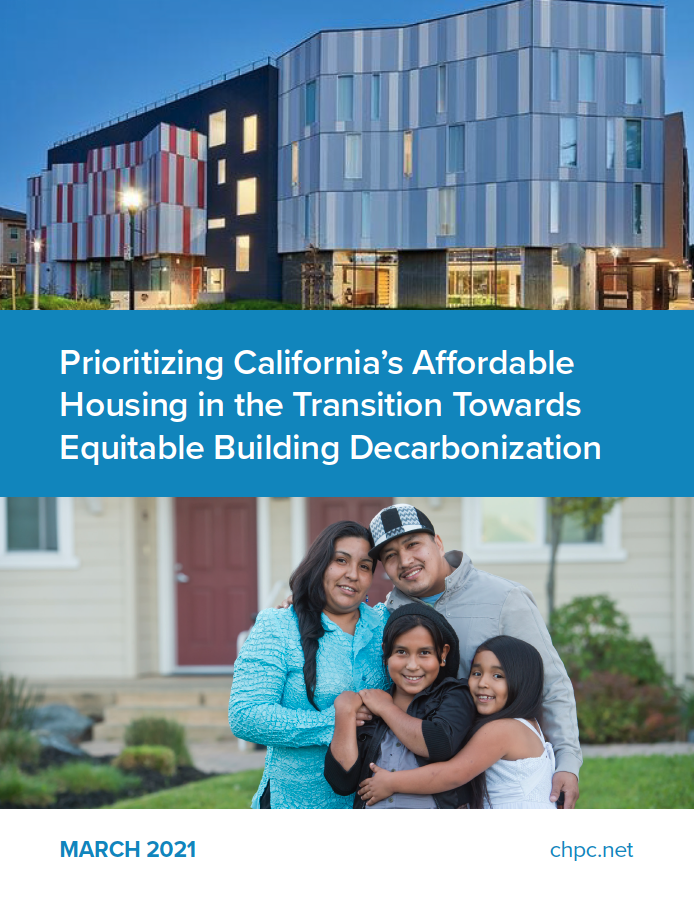Numerous cities and jurisdictions have passed local building energy codes, or “reach” codes that require new construction to be all or near electric to decarbonize or remove fossil fuels from buildings and electrify end uses. For these policies to be equitable, local governments and the state must acknowledge the added complexities, workforce limitations, costs and feasibility implications for affordable housing providers undergoing efforts to decarbonize their properties. This report summarizing findings from a 5-part summit hosted by the California Housing Partnership offers vital insights to inform the state’s building decarbonization and electrification policies and ensure equitable outcomes for affordable housing providers and their residents.

